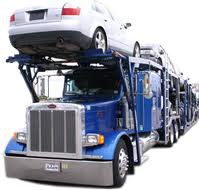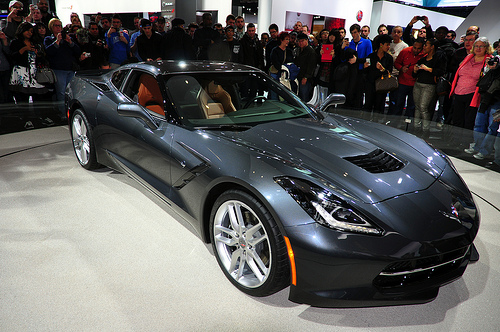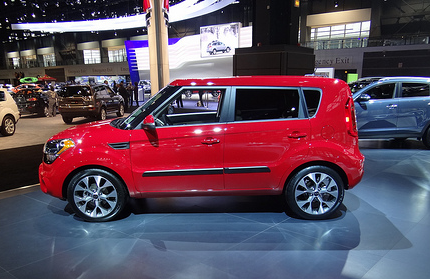
The Volkswagen Group’s bold assertion that they will be the number one car brand in the world by 2018 was not a statement that was made lightly. Nor was it received as such; experts across the entire field weighed in on both the probability of such an occurrence happening, as well as the brashness of the leadership at Volkswagen. Is there any truth to such a claim? Let’s take a look at 2013 Volkswagen sales and see if Volkswagen can live up to it’s lofty claims.
Widespread Car Brands and Recognition
Volkswagen, a German company, now comprises multiple brands beyond its namesake. These now include other car brands such as Bugatti, Lamborghini, Bentley, Porsche (some of the most expensive cars to insure), and most importantly, Audi. Combined, these brands make Volkswagen the top selling automaker in Europe, with Volkswagen sales there exceeding 3 million units this past year. Though European sales are strong, Volkswagen is turning to emerging markets such as China, India, and Brazil to grow its figures, and, most importantly, trying to increases Volkswagen’s market share in the United States as much as possible.
Though wildly popular in Europe, Volkswagens in America have been plagued by a combination of poorly designed, bland vehicles that don’t appeal to a wide audience. Similarly, reliability issues with American models have undermined the brand. If Volkswagen wants to jump over Toyota and GM to be the largest car company in the world, they are going to have to do it on the backs of an improved vehicle lineup in America. Volkswagen sales increases in Audi have been the primary driver of their American growth in the past few years, as the brand is now a viable luxury alternative to BMW and Mercedes, appealing to the youth market and urban professionals all at once.
Rapid US Expansion
However, the flagship Volkswagen is where the Group will ultimately make or break its stated goals. The company has announced plans to expand at a breakneck pace in the US, including opening eight new manufacturing plants in the next three years to pump out a million more cars for its customers. Likewise, as opposed to importing designs, Volkswagen is staking its claim on designing vehicles more like the made-in America Passat, which was, and still is, Volkswagen’s wildly successful four door sedan that handles like a sports car. This means crossover SUVs and four door, front wheel drive sedans.
While the ambition is admirable, Volkswagen will have a tough time outselling GM and Toyota in some of their strongest markets, the United States, and, for Toyota, Asia. While Volkswagen should be able to jump past GM with this aggressive scheme, it takes more than five years of hard work and gumption to surpass a brand like Toyota that has forty years of rock solid dependability in its resume. But, regardless of whether they succeed, you have to admire the effort. It takes a bold plan and a lot of brass to try to rule the automaking world.




